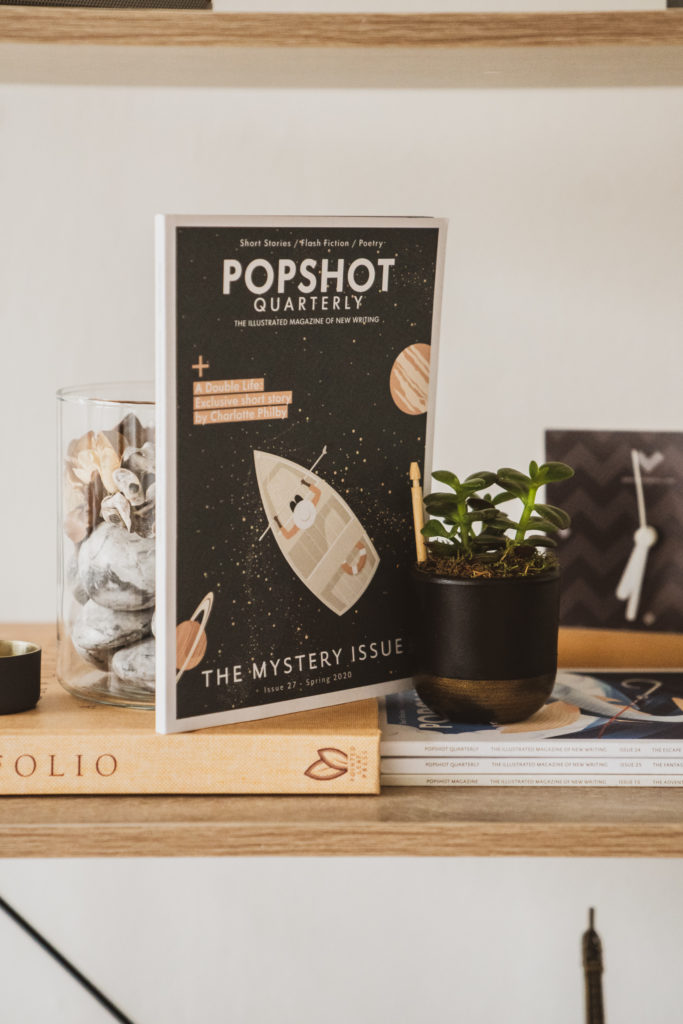

But there is a sense of loneliness about her she looks suddenly small and slight in this large room. “You can tidy yourself up, and tomorrow take food with you.”ĭeprived of human kindness for so long, I’m at first wary of her concern. “I’ll bring you clean clothes,” she says. I feel humbled, sitting on such splendour even the cup is beautiful.Īs I drink thirstily, she casts an eye over my appearance. She guides me to a silk cushion on the floor, and then fetches water. Removing our shoes and ascending the wooden platform, the woman slides open the door and we step inside. She bends down to remove her shoes, and the colours flutter across her back like butterflies. Her hanbok is of a fine and silky material, so fine that the colours seem in no way transfixed: they quiver and ripple as if alive. She walks ahead purposefully, and I notice how exceptional her dress is. I follow her through the gate, comforted by the soft, warm glow diffusing through the hanok’s rice paper windows. There is an awkwardness in her voice, as if she is not used to using it. I explain myself, though I was never a good liar. Her unblemished, ivory face is like a small moon beside the stone lantern. “Why are you out so late?” And she beckons. When she speaks, her voice is soft and low, heavy and humid, like the air before monsoon rain. A dark red skirt with a green top, rainbow stripes on the sleeves.Īt first she narrows her eyes, but then her face relaxes.

Her long hair snakes over her shoulder, and she is dressed in a colourful hanbok. Leading up to the gate are several miniature stone stacks: mountain rocks artfully balanced, one on top of the other, that fill me with a fleeting sense of calm.Īs I survey the sight, the door creaks open and a white face appears. Beside the gate is a stone lantern, an orange flame ablaze, and small statues of mythical creatures: a venerable stone turtle, classical Chinese engraved on its shell, and a grinning haechi, large and lion-like, wreathed in scales with a horn on its head.

There’s a stone wall surrounding it, and a large wooden gate. I follow it to find a hanok, nestled in the mountains. Then it disappears.Ī golden glow seeps through the foliage. I glimpse it for only a moment, and it looks to me like a fox. A small, snow-white mammal, darting through the undergrowth. Up ahead, through the trees, the moon casts its light over a running creature.
POPSHOT PODCAST HOW TO
She knew how to hide when visitors arrived, how to curl up and not make a noise, until I would come to find her, to coax her out. But the police arrived in the night, when we were sleeping, and rounded us all up. We had distant relatives that would take us in and hide us. When a neighbour informed my family that our names were blacklisted, we made plans to escape to Jeju. I’m heading south to Jeju island, to look for my baby sister. Pine leaves crackle delicately beneath my feet, and the moon above is bright and fat. In the secret enclosures of the mountains, my battered pelt turns back into human flesh, and my stooped back straightens.Īwakening from dreams of Seodaemun, I push onwards on my way down south. Here in the undergrowth I’m changing back into a human from an animal. That’ll only cause a deeper kind of damage the kind that wears away bodies from the inside out. My cell mates say that hardship faced by the body is painful, but it’s preferable to the hardship of sharing names, facts and locations.

And here is the box with spikes nailed into its sides, where we are forced to crouch, gasping as they kick and shake it. Here is the cell, no larger than a standing coffin, where we are kept in isolation. And here is a dark, long tunnel, leading out of the compound, along which the spent bodies are deported. Here is where the workshop is, where we produce clothes and paper and here is the poplar, a mournful tree beside the execution hall, which prisoners cling to in their last haunted moments, weeping for a country lost. In night time in these mountains, my spirit rises from my body hidden in the undergrowth, and floats back to Seodaemun prison to review its structure. Cells without heat in the harsh Seoul winters, or cool relief in the sweltering summers breeding grounds for exhaustion, frost bite and death. In my night time terrors I am back in the squalor of that cell, surrounded by anguished people, so cramped that you can barely sit comfortably, let alone lie down to sleep. Five days have passed since I was a prisoner in those red brick walls, but every night I return there.


 0 kommentar(er)
0 kommentar(er)
